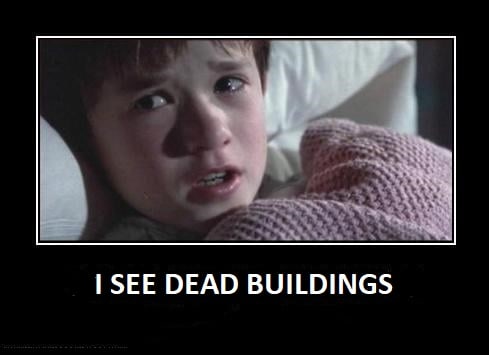marinaman
Structural
- Mar 28, 2009
- 195
All,
Recently, a GC called me about a building where a vehicle had demolished a part of a building. The event had just happened, the building was in-use, and the owner needed direction on how to secure the building immediately.
I was directed to drop what I was doing, right then, travel to the site, and provide structural engineering advisement as to getting the people out of the building and how to temporarily shore the building until a plan could be developed to make the building stable so it could be used.
I was on-site well into the night, telling the GC how to shore. Then, I made return trips as the temporary shoring system was installed. I also made the call as to when the building was structurally safe to reoccupy.
All that said, this type of service, delivered the way it was, is, in my opinion, at maximum risk to me and my business....and....jumped in front of all my other work.
This has value, over and above hourly rates.
How do you guys handle taking that risk and timing into account when determining a value for something like that?
Recently, a GC called me about a building where a vehicle had demolished a part of a building. The event had just happened, the building was in-use, and the owner needed direction on how to secure the building immediately.
I was directed to drop what I was doing, right then, travel to the site, and provide structural engineering advisement as to getting the people out of the building and how to temporarily shore the building until a plan could be developed to make the building stable so it could be used.
I was on-site well into the night, telling the GC how to shore. Then, I made return trips as the temporary shoring system was installed. I also made the call as to when the building was structurally safe to reoccupy.
All that said, this type of service, delivered the way it was, is, in my opinion, at maximum risk to me and my business....and....jumped in front of all my other work.
This has value, over and above hourly rates.
How do you guys handle taking that risk and timing into account when determining a value for something like that?

![[bugeyed] [bugeyed] [bugeyed]](/data/assets/smilies/bugeyed.gif)

![[rofl] [rofl] [rofl]](/data/assets/smilies/rofl.gif)